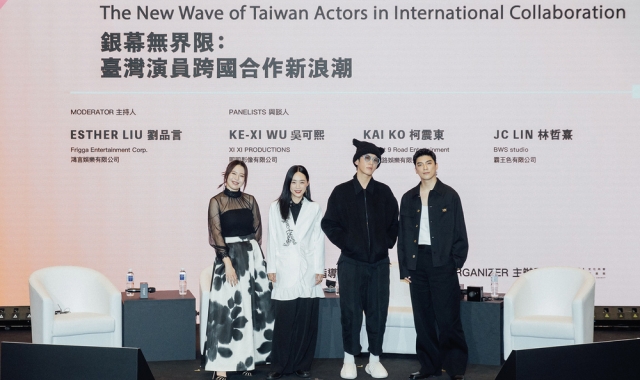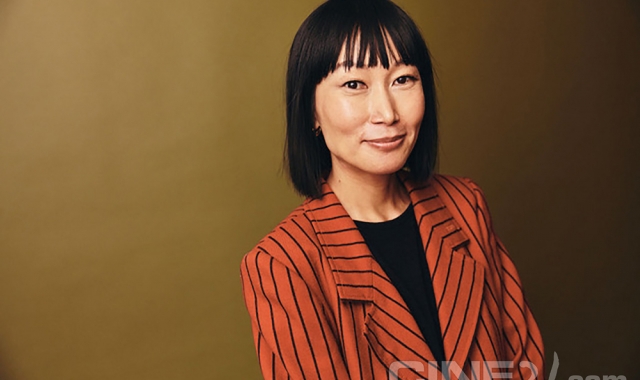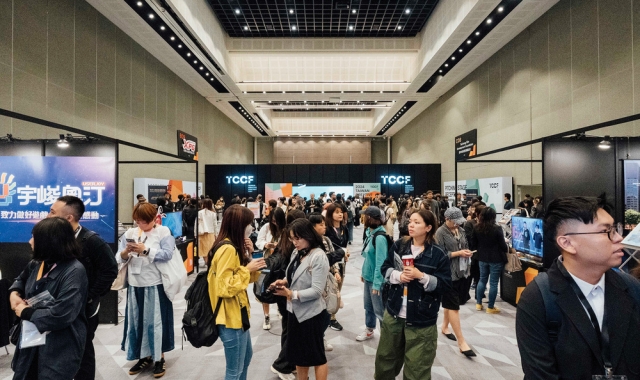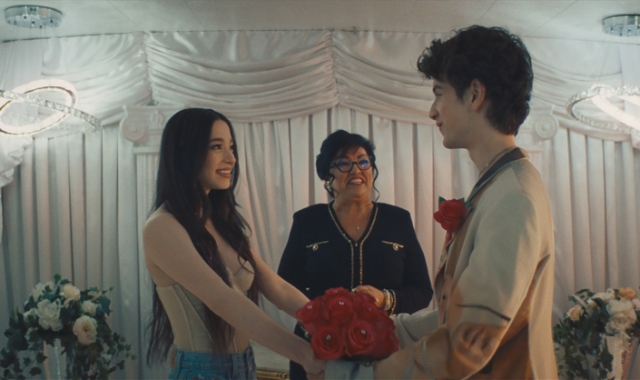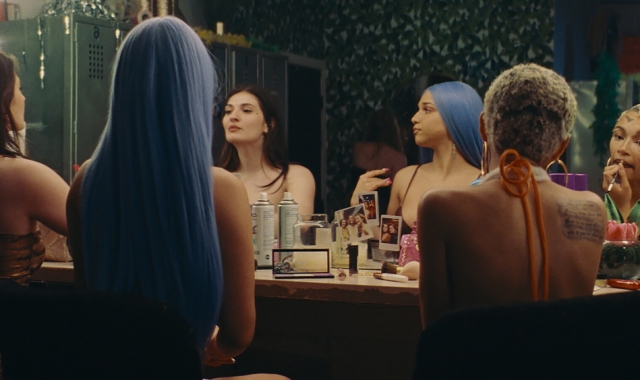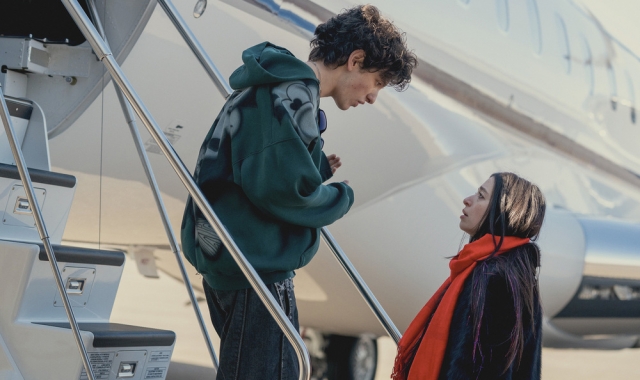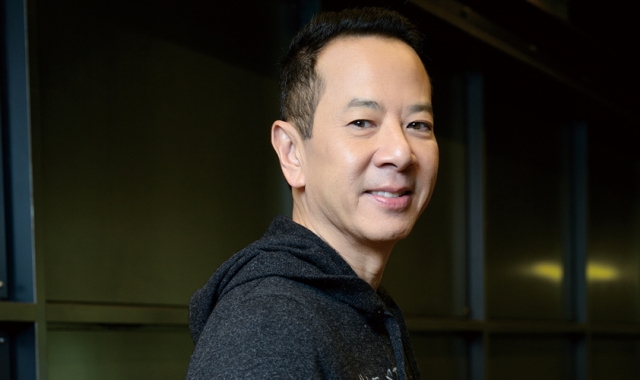
지난 4월23∼30일 이탈리아 우디네에서 열린 극동영화제(Far East Film Festival) 같은 작은 영화제는 지나치기 쉽다. 동아시아영화, 특히 상업영화에 중점을 둔 이 영화제는 올해 홍콩, 일본, 중국, 필리핀, 타이 등에서 온 56편의 영화 가운데 한국영화를 10편 상영했다. 최신 흐름을 잘 타기 위해 영화제에서는 각국 영화를 추천하고 영화제 자료집에 기고할 프로그램 자문의 협력을 받는다. 본인은 2002년부터 한국 담당으로 일해왔다.
우디네영화제는 특별난 구석이 있다. 아시아 상업영화를 상영하는 대부분의 영화제는 공포나 액션 등 ‘판타스틱’ 장르를 중점적으로 다루는데, 우디네의 관객은 다른 장르 못지않게 잘 만든 멜로드라마도 즐기는 것으로 보인다(올해는 한국영화 < …ing >가 특히 높은 점수를 얻었다). 이 영화제는 영화 전공 학생 300명을 무료로 재워주고 <이코노미스트>와 <BBC> 라디오 방송을 포함한 이탈리아와 유럽 전역의 많은 기자들을 불러모은다.
우디네영화제, 도빌(프랑스), 서브웨이 시네마(뉴욕) 등 아시아영화 중심 소규모 영화제들이 처음 열리던 5∼6년 전에 비해 많은 것이 변했다. 당시 아시아 ‘상업’영화는 대체로 지나쳐버린 반면, 이른바 ‘예술적인’ 작품들은 영화제에서 상영되곤 했다. 그러나 그뒤로는 그런 구분이 불분명해지기 시작했다. 이러한 영화제 덕에 관심이 환기된데다 DVD와 인터넷으로 접근성이 높아진 덕분에 아시아 상업영화는 더욱더 알려지고 있다. 한국 관객의 눈에는 베니스나 칸에서 <나비>나 <청풍명월> 같은 영화를 상영하는 것이 낯설어 보일지 모르지만, 많은 평론가들에게 ‘상업/예술’이라는 구분이 더이상 중요치 않다는 점을 보여주고 있다. 올해 새로이 베니스영화제 집행위원장이 된 마르코 뮐러는 영화를 보고, 초청 영화인들을 만나고, 중국영화에 대한 세미나에 참석하기 위해 우디네로 행보를 두번이나 돌렸다.
또한 소규모 영화제는 아시아영화가 일반 관객과 충분히 소통할 수 있다는 점을 현지 배급사들한테 보여준다. 일본 흥행작 <링>은 몬트리올의 판타지아영화제에서 처음 북미 관객을 만났는데, 여기서 입소문이 돌아 결국 리메이크되어 성공을 거두었다. 올해 우디네에서 <장화, 홍련>이나 <사마리아> 같은 일급 초청 대상작을 상영할 수 없었던 이유는 이탈리아 배급사에서 이미 판권을 사갔기 때문이다.
올해 또다시 한국영화는 이탈리아 관객의 인기를 끌어, 관객평가에서 강제규 감독의 <태극기 휘날리며>가 2위를 차지했다(1위는 일본영화 <황혼의 세이베이>였는데 이 영화는 영화제 사상 최고의 점수를 받았다). 또 홍콩의 두기봉 감독이 그의 신작의 몇 장면을 찍기 위해 배우 유덕화를 우디네로 불러 영화제에 깜짝출연하기도 했다. 내년이면 우디네영화제에서 우디네가 나오는 홍콩영화를 상영할 수 있게 될 것이다. 아시아영화를 위한 이 영화제의 노력에 대한 적절한 감사표시가 아닐 수 없다.
In Praise of Small Festivals
It's easy to overlook small film festivals, such as the Far East Film Festival (FEFF) in Udine, Italy, which was held this year from April 23-30. Focusing on East Asian films -- particularly commercial cinema -- this year's edition featured 10 Korean features out of a total 56 films from Hong Kong, Japan, mainland China, the Philippines, and Thailand. In order to keep abreast of the latest trends, the festival enlists the help of a programme consultant in each country who recommends films and contributes essays to their catalogue. I've been working as the Korea programme consultant since 2002.
The festival in Udine is unique in some ways. Most festivals that screen Asian commercial cinema focus on "fantastic" genres such as horror, action etc., but the audiences in Udine seem to appreciate a good melodrama as much as any other type of film (viewers gave the Korean film ...ing a particularly high rating this year). The festival also provides free accommodation for 300 film students, and draws a large number of reporters from throughout Italy and Europe, including The Economist and BBC radio.
Much has changed since five or six years ago, when many smaller Asian-themed festivals such as the FEFF, Deauville (France) or Subway Cinema (New York) were first held. At that time, "commercial" films from Asia were largely ignored, while so-called "artistic" works would screen at major festivals. Since then, however, the lines have started to blur. Thanks to the publicity generated by such festivals -- together with the increased availability of DVDs and the internet -- commercial Asian films receive far more exposure than ever before. It may seem strange for Korean viewers to see films like Mr. Butterfly or Sword in the Moon screened at Venice or Cannes, but this demonstrates how for many critics, the commercial/artistic distinction is no longer important. This year, new Venice festival director Marco Mueller took two trips to Udine to watch films, meet with guests, and take part in a seminar on Chinese cinema.
Smaller festivals have also demonstrated to local distributors that Asian films can connect with ordinary audiences. Japanese hit The Ring was first introduced to North American audiences at Montreal's Fantasia festival, after which word of mouth spread and it was eventually remade as a major hit. This year, we were unable to screen several of our top choices at Udine such as A Tale of Two Sisters or Samaritan Girl because they had already been bought by Italian distributors.
Korean films proved to be popular with Italian audiences again this year, with Kang Jegyu's Taegukgi receiving the second-highest rating among viewers (behind Japanese film The Twilight Samurai, which scored the highest rating in the festival's history). The festival was also treated to an unexpected surprise when Hong Kong director Johnnie To flew in star Andy Lau to shoot several scenes for his new film in Udine. Next year the FEFF will be able to screen a Hong Kong film with images of Udine -- a fitting tribute to the festival's efforts on behalf of Asian cinema.
